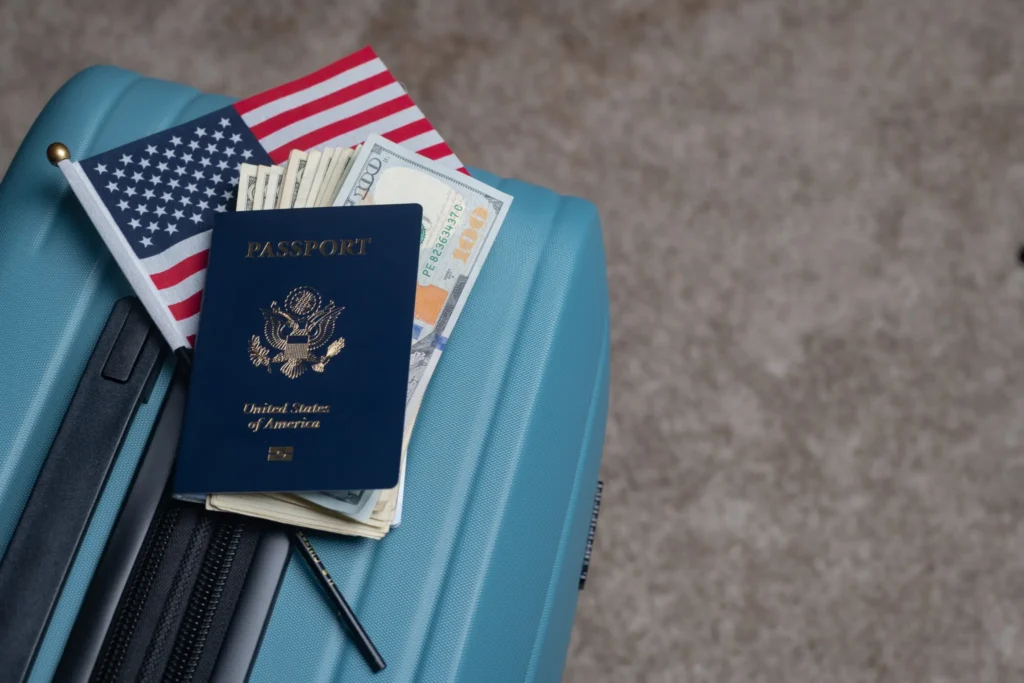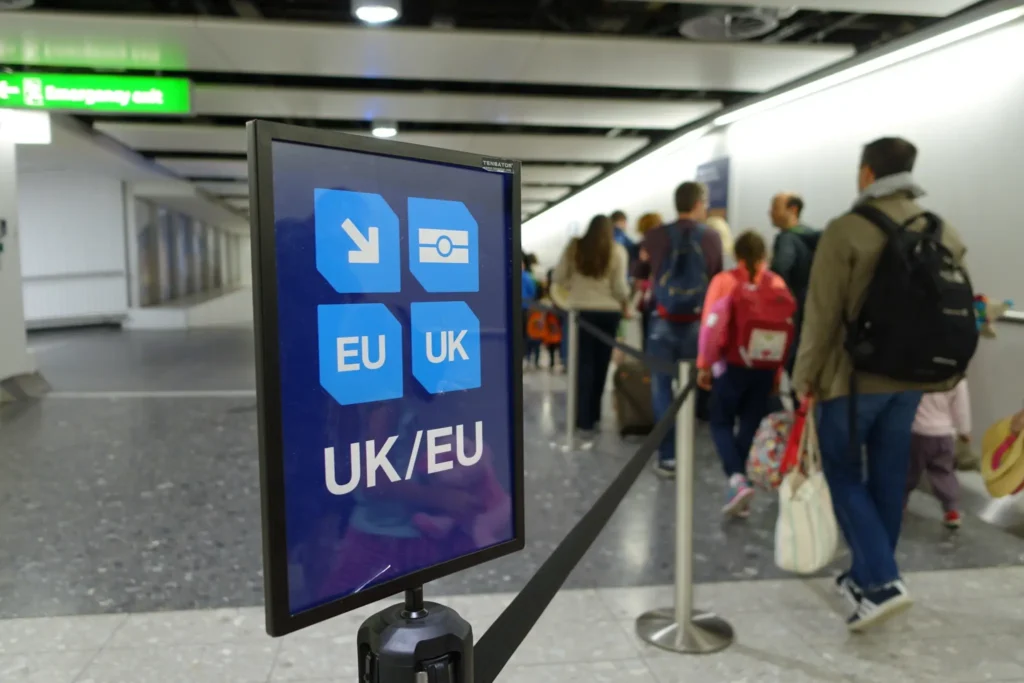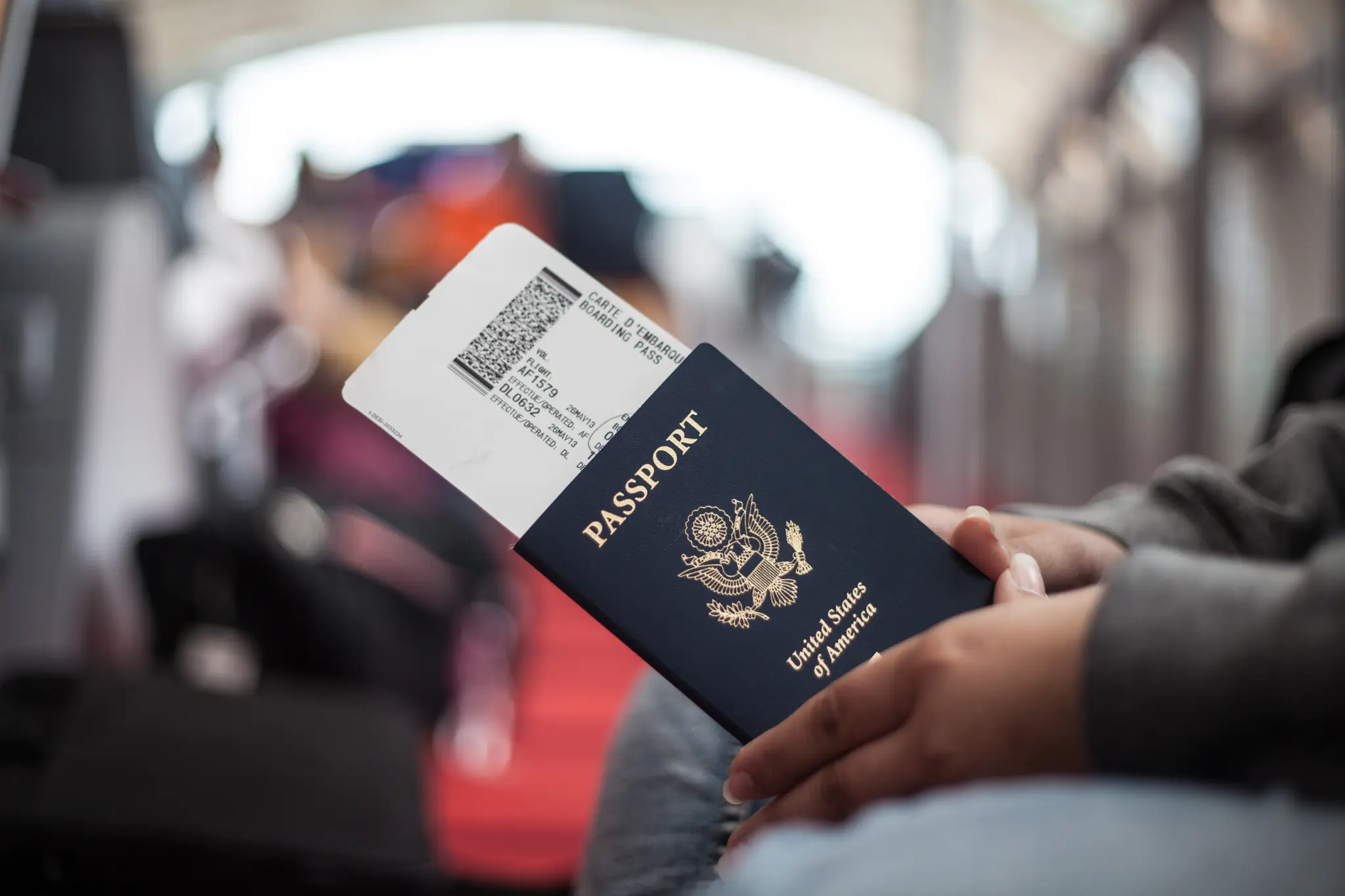If jet-setting around the globe is on your 2025 bucket list, be warned: your passport might not work as expected, even if it hasn’t expired. Upcoming changes in travel regulations could cause chaos for unprepared travelers.
New ID Rules for Domestic Flights
Starting May 2025, domestic travelers in the United States will need a Real ID or a suitable alternative, such as a passport, to board flights or access some federal buildings. As Gothamist reported, Real IDs in New York are marked with a star or flag. Without one of these symbols, your standard driver’s license won’t cut it.
The Real ID rollout has faced multiple delays due to the pandemic, but this time, the requirement is set to stick. According to Good Morning America, travelers should double-check their identification now to avoid airport headaches later.

What Happens If You Don’t Have a Real ID?
- Denied boarding: You may be unable to take domestic flights.
- Alternative options: A passport can serve as a substitute, but make sure it’s valid and meets other travel requirements.
Flying to the UK? Read This First
Heading across the pond? Starting January 8, 2025, American visitors to the UK must register with the Electronic Travel Authorization (ETA) program. This $13 application ensures travelers are vetted before entering the country.
According to Seema Malhotra, the UK’s Minister for Migration and Citizenship, this change underscores the UK’s commitment to “enhance security through new technology and embedding a modern immigration system.”
Who needs to apply for ETA?
- Travelers staying for six months or less.
- Those visiting for business or study.
Europe’s ETIAS Program Goes Live in May
Planning a European adventure? Don’t forget about the European Travel Information and Authorization System (ETIAS), another new regulation taking effect in May 2025.
While the ETIAS application only costs around $7, it requires detailed personal and travel information, including your passport, which must be:
- Valid for at least three months beyond your trip.
- Issued within the last decade.
Once approved, ETIAS authorization is valid for up to three years or until your passport expires, whichever comes first. However, responses to ETIAS applications can take days or even weeks, so travelers should apply well in advance.
Key Takeaways for ETIAS
- Start the application early.
- Double-check your passport’s validity.
- Make sure your travel documents meet specific requirements.
Passport Issues Could Derail Your Trip
Even with a valid passport, international travel isn’t guaranteed. Some countries enforce strict rules about expiration dates, requiring passports to remain valid for three to six months beyond your travel dates. Others demand several blank pages for visa stamps.
Travel adviser Sara Russell explained to Fox News, “Unfortunately, many travelers are not aware of passport requirements and have to cancel plans or may even arrive at the airport and be denied boarding.”
Pro Tip: Renew Early
“For a seamless travel experience, I recommend that the renewal process be started at least one year before a passport expires,” Russell added. “This ensures you’ll get your new book in time and can enjoy your vacation without any hiccups.”
What Does This Mean for You?
If you’re planning a trip in 2025, here’s how to prepare:
- Check your ID: Ensure you have a Real ID or a valid passport for domestic flights.
- Renew your passport early: Avoid last-minute surprises by starting the renewal process at least a year in advance.
- Understand international requirements: Research the specific travel document rules for your destination, including ETA and ETIAS applications..

Don’t Let Paperwork Ruin Your Travel Plans
Traveling in 2025 might feel like a bureaucratic maze, but with some preparation, you can navigate these changes smoothly. Check your documents, apply for necessary authorizations, and plan well in advance.



